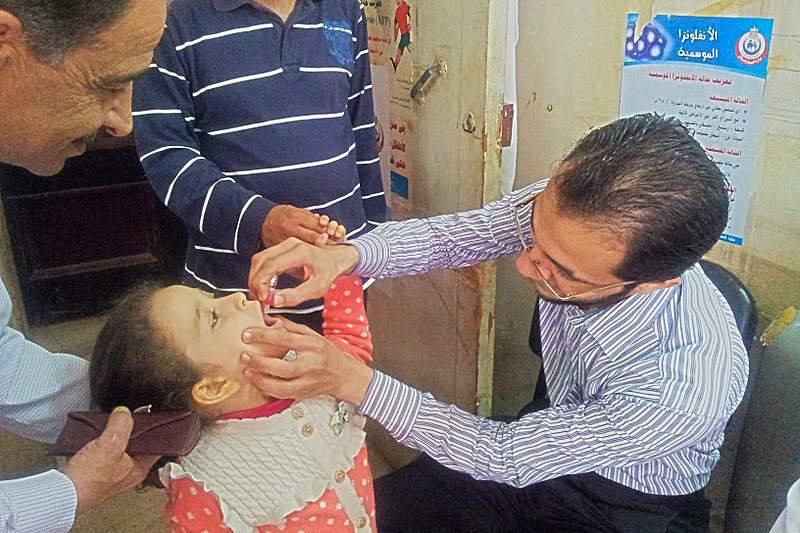In its recently-released annual report, the Egyptian Medical Support Center (EMSC) found that some multinational pharmaceutical companies in Egypt were testing experimental drugs on the local population in flagrant violation of the legal and scientific rules stipulated in the 1999 Helsinki Declaration.
The center warned that such practices serve to threaten the health of the Egyptian public, who should enjoy the right to safe medicine at affordable prices. In its report, the EMSC also accused the health ministry of lacking long-term policies aimed at regulating the strategic industry, leaving policy to be set according to the whims of certain influential businessmen.
The report goes on to refer to a recent warning by the Lancet, an international body devoted to medicine control, which found that the instructions accompanying certain drugs sold in Egypt did not contain accurate information. The report also referred to recent warnings by both the American Food and Drug Administration and the European Medicines Agency regarding the adverse side effects associated with certain medicines sold in some third-world countries, including Egypt.
Among the latter were Insulin Glargine for diabetes, which studies conducted in Scotland, Spain and Germany found could cause cancer; Avandia, also for diabetes, which has a 40 percent chance of causing heart attacks; and Actos, which has a 35 percent chance of causing liver complications. Other medicines found to be potentially dangerous to the liver were Ursodiol, Ursocol and Orlistat.
After repeated warnings, the Egyptian Health Ministry banned Nimesulide–a childrens’ medicine used for treating measles–after it emerged that the medicine was being marketed abroad with a warning against giving it to minors. Nevertheless, the medicine continues to be sold on the local market due to the absence of strict government control.
In its report, the EMSC called for the formation of an independent regulatory body mandated with protecting patients from the illegal practices of pharmaceutical companies.
Health ministry officials, for their part, declined to comment on the report’s findings.
Translated from the Arabic Edition.




